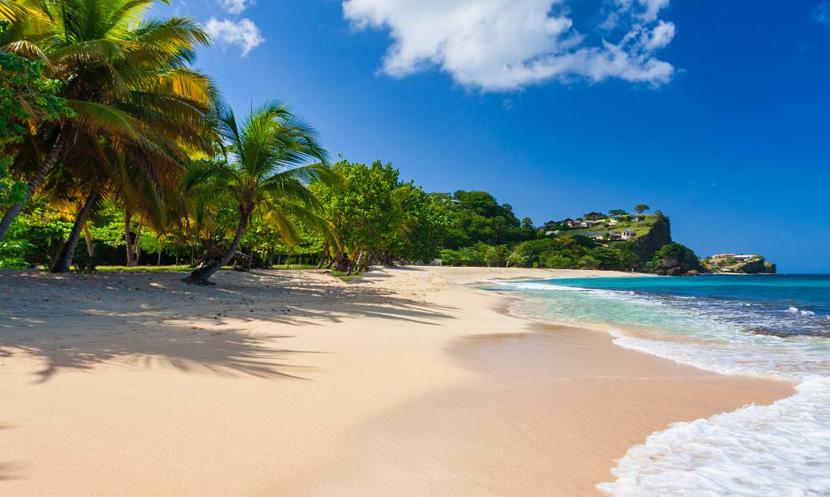In the vast, untamed wilderness of Alaska, where towering pines whisper ancient secrets and rugged mountains pierce the sky, a cruise passenger’s solo adventure took an unexpected turn. What began as a seemingly innocuous hike would soon become a gripping tale of isolation, uncertainty, and the raw, unforgiving nature of the Last Frontier. As the cruise ship’s horn echoed across the pristine landscape, signaling the imminent departure, one passenger was conspicuously absent—swallowed by the immense, indifferent wilderness that beckons to the adventurous and unsuspecting alike. The remote wilderness of Alaska can transform from a picturesque landscape to a treacherous habitat in mere moments. For one cruise passenger, what started as a seemingly innocent solo hiking adventure quickly spiraled into a harrowing situation that would test the limits of survival and maritime rescue protocols.
Cruise lines typically offer carefully curated shore excursions with strict guidelines and professional guides. Though, some adventurous travelers opt for independent exploration, unaware of the potential risks lurking in the untamed Alaskan terrain. This particular incident highlights the critical importance of understanding local conditions and maintaining communication during wilderness expeditions.
As the cruise ship prepared for departure, the crew began their standard passenger check-in procedures. The realization that one passenger was missing triggered an immediate response. Search teams quickly mobilized, scanning the rugged coastline and dense forest edges where the hiker was last known to be exploring.
Alaska’s wilderness presents unique challenges for rescue operations. Steep terrain, unpredictable weather, and vast expanses of untouched landscape create meaningful obstacles for search and rescue teams. The passenger’s solo status meant limited details about their potential route or condition, further complicating the rescue efforts.
Local authorities and ship personnel collaborated, utilizing GPS tracking, satellite communications, and ground search teams to locate the missing individual. Hours ticked by with mounting tension as the ship’s departure became increasingly uncertain. Every minute counted in the race against changing weather conditions and approaching nightfall.
The incident underscores the importance of thorough readiness for independent travelers. Proper communication devices, emergency supplies, and a detailed travel plan can mean the difference between a minor setback and a life-threatening situation.Wilderness survival requires more than just enthusiasm – it demands respect for the environment and a comprehensive understanding of potential risks.
Maritime rescue protocols are designed to prioritize passenger safety while maintaining operational efficiency. In this case, the comprehensive search reflected the cruise line’s commitment to protecting its passengers, irrespective of the challenging circumstances.
As the search continued, questions arose about the passenger’s decision to venture off alone and the potential consequences of such independent exploration.The incident serves as a stark reminder of nature’s unpredictability and the critical importance of informed decision-making in remote locations.
The ultimate resolution of this dramatic situation would depend on a combination of professional rescue efforts, the passenger’s survival skills, and a bit of lucky timing in one of the world’s most unforgiving landscapes.



